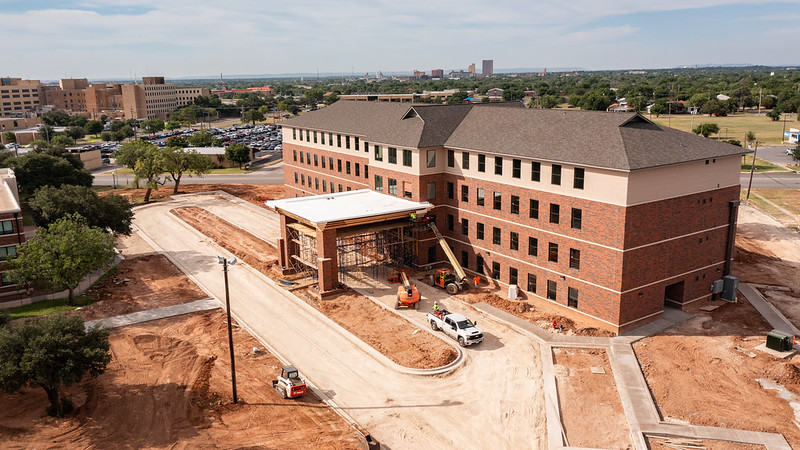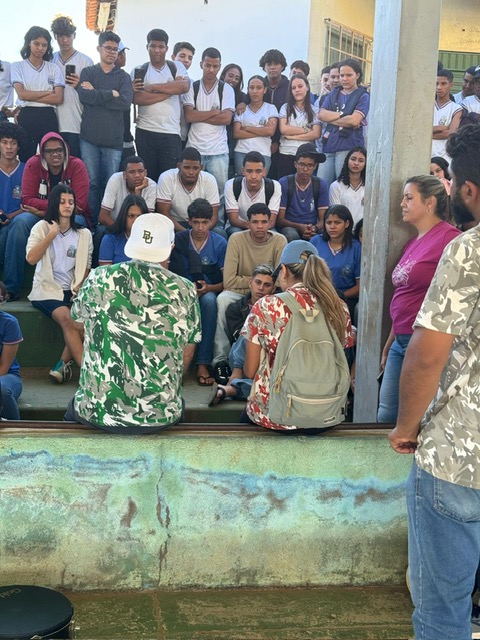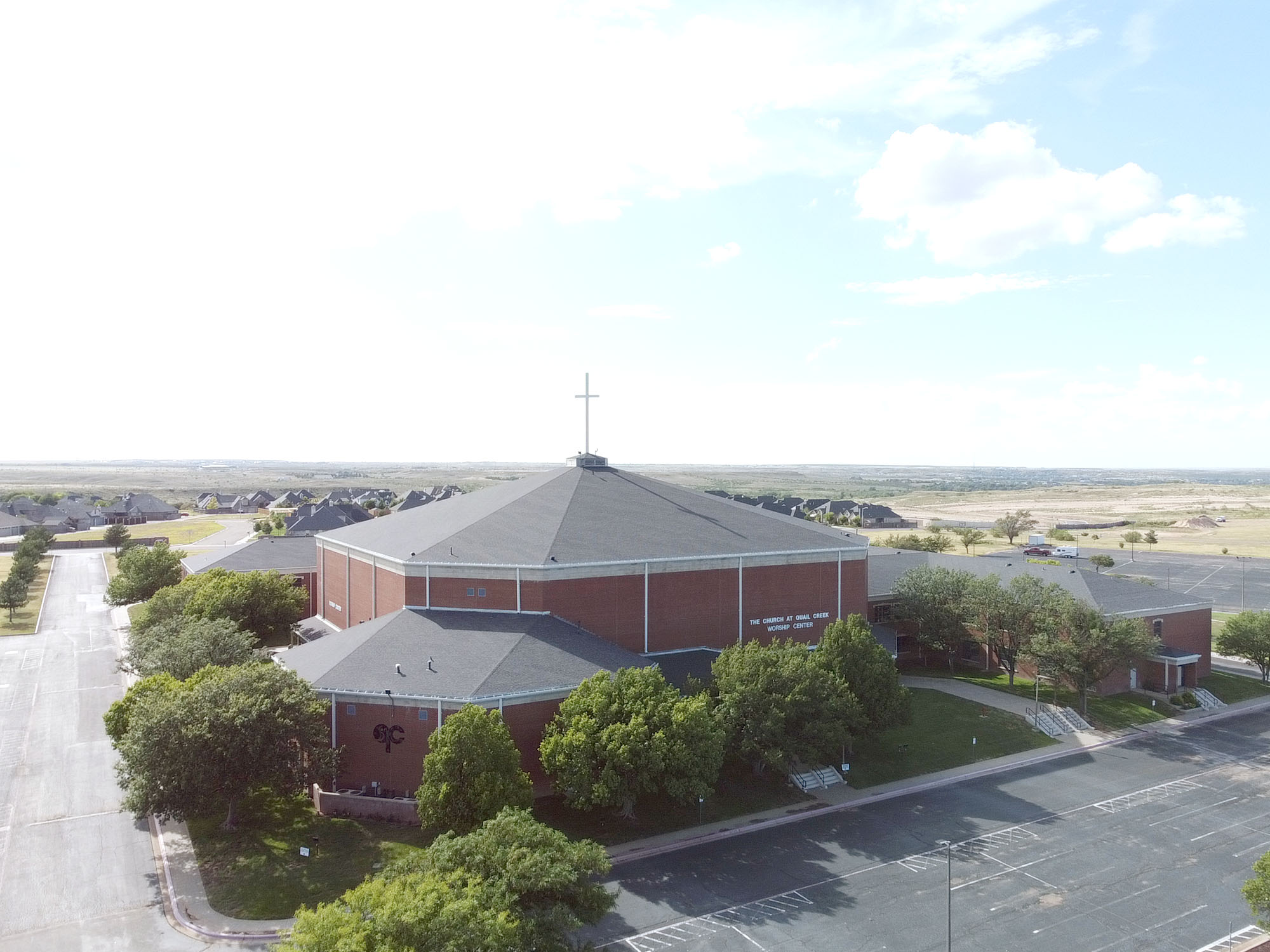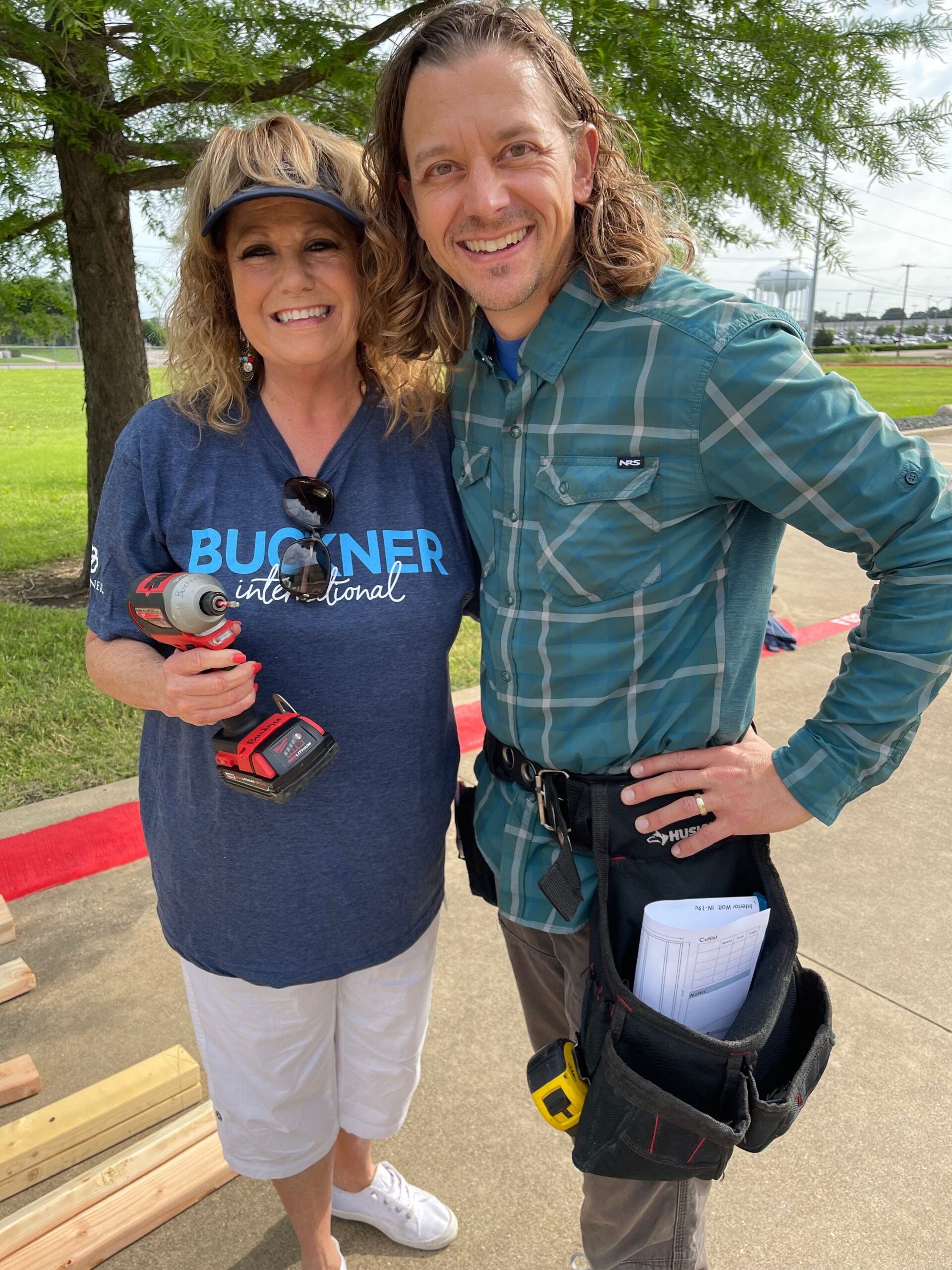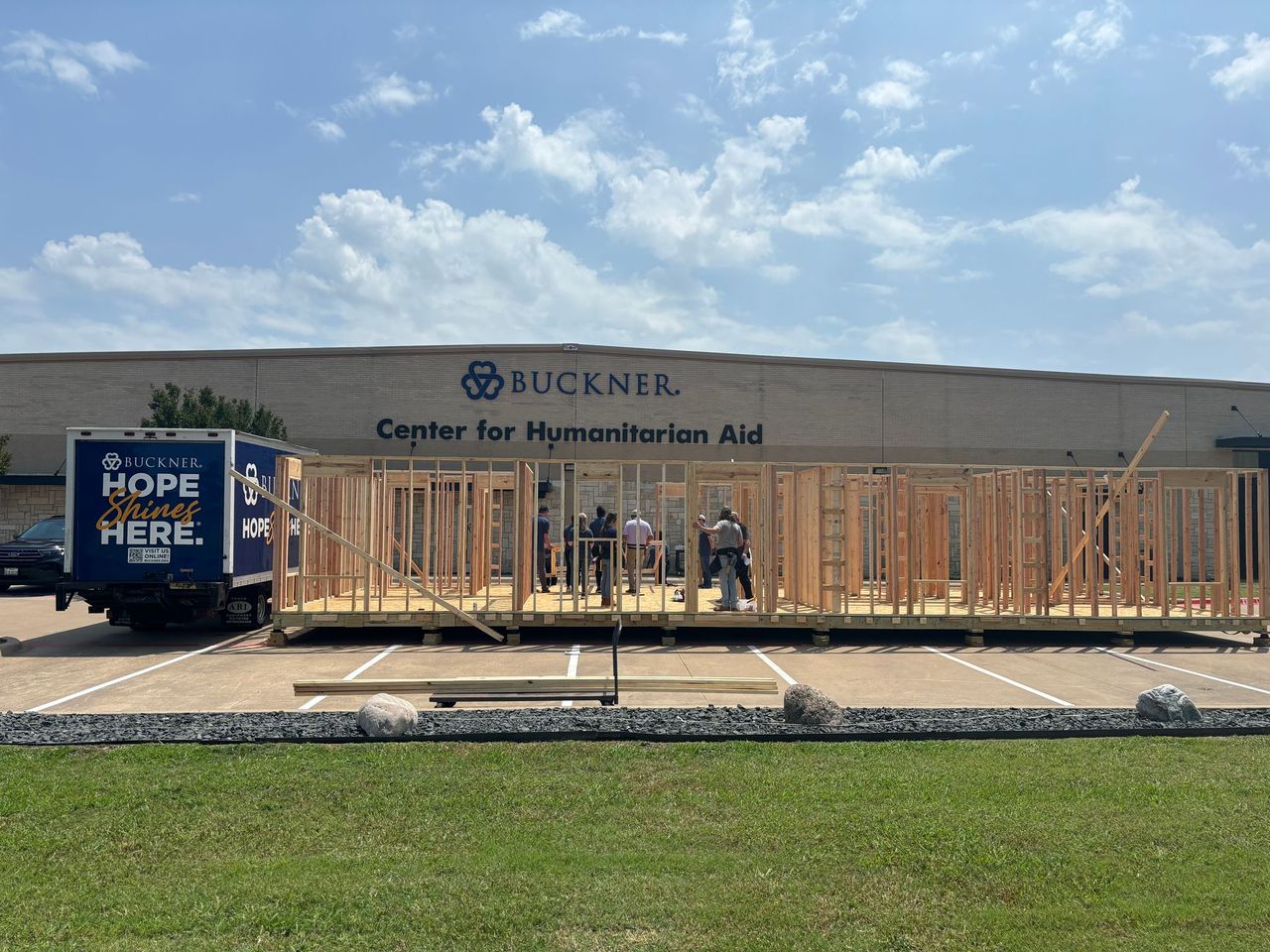Religious freedom advocate urges U.S. to ‘value its values’
Working to advance international religious freedom and combat persecution not only reflects American values, but also advances the nation’s interests, international human rights lawyer H. Knox Thames said.
When people are “free to pursue truth as their conscience leads,” societies are more stable and less subject to violent extremism, said Thames, who served two decades in the U.S. government as a State Department envoy for religious minorities.
Thames is the author of Ending Persecution: Charting the Path to Global Religious Freedom, due for release in September by the University of Notre Dame Press.
Given sinful human nature and the realities of “a fallen world,” Thames—a senior fellow at Pepperdine University and senior visiting expert at the United States Institute of Peace—acknowledged religious persecution is “a challenge that will never go away.”
However, he added, ending persecution “is achievable at the individual level” and in specific circumstances.
Practice ‘consequential diplomacy’
As a career diplomat, Thames believes the United States should practice “consequential diplomacy”—making sure oppressors know they will suffer penalties if they persist in religious repression and persecution, while at the same time remaining engaged in sustained dialogue with them.
However, because of competing interests such as national security, international trade and complicated multinational relationships, human rights in general and religious freedom in particular “often slide down the priority list,” he observed.
That lack of consistency and clarity damages the United States’ credibility when it seeks to shame adversaries for offenses but fails to hold allies accountable to the same standards.
“If we say human rights matter, they need to matter,” he said. “Friends don’t let friends commit human rights abuses.”
Thames identified “illiberal democracies”—such as India—as one of the “most pernicious sources of persecution,” because majority rule can become tyranny unless the rights of minorities are protected.
In fact, if a politician runs on a platform promoting intolerance of minority groups, he can argue oppressive actions simply reflect the will of his constituents, he noted.
Bringing about change in an illiberal democracy is difficult, because it involves changing the culture, he observed.
“Ironically, it’s easier in some respects to deal with a dictator, where you can focus on changing the mind of one guy—and it’s almost always a guy,” he said.
Thames pointed to Hungary as an example of “unadulterated Christian nationalism,” where national leaders have intertwined the Christian religion with their political agenda and used religion to advance their own goals.
He offered hope American Christians will view Hungary as “a cautionary tale” about equating Christian identity with a narrow political ideology.
Principles for progress
Thames presented a blueprint for progress in international religious freedom based on four principles:
- Consistency. Rather than favoring any religion over another, advocates must protect the religious freedom of all faiths and the rights of those who profess no faith. Furthermore, issues of religious persecution and repression must be raised with “friends and foes alike,” he said.
- Coalitions. The United States has a unique responsibility because of its size and influence, but it cannot and should not “go it alone” in advocating for international religious freedom. Furthermore, the coalitions should transcend conservative and liberal divisions. “International religious freedom cannot be viewed as an issue of the right or the left. It must be protected from the poison of partisanship,” he said. “It’s too important. Millions of lives are on the line.”
- Callouts. Annual reports on international religious freedom that spotlight chief offenders and point to specific problems have value. “I’ve seen examples of situations where shining sunlight on oppression was the first step to seeing conditions change,” he said.
- Consequences. Offenders need to know they will be held accountable. Sanctions that target abusers can be effective, but only if they are applied consistently. Too often, important trade partners or energy-supplying nations have been cited for abuses but granted sanction waivers. “Waivers are the ultimate get-out-of-jail-free card,” he said. “Without real consequences, callouts are a sellout. They are a half punch—a swing and a miss.”
Thames finds hope in what he sees as “a growing movement that supports religious freedom for all,” but he said the movement needs to expand and grow stronger.
At the same time, he noted the generation of elected officials in the U.S. Congress who passed the International Religious Freedom Act mostly have retired or not been reelected.
The United States needs to “value its values” enough to elect leaders who see the benefits of infusing human rights into foreign policy and who recognize the importance of standing for the religious freedom of all people, he asserted.
American Christians and others concerned about international freedom of religion and belief must not allow politicians to politicize persecution, Thames insisted. They should not permit debates about domestic religious liberty issues to taint a unified approach to international human rights and freedom of conscience.
“A bad day in America for religious freedom is better than a good day for religious freedom in a lot of places around the world,” he said.





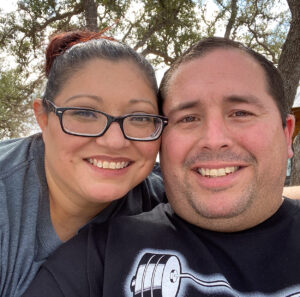
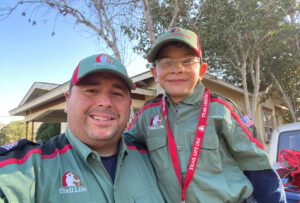
 Steven Craig Storie, longtime director of media services at Southwestern Baptist Theological Seminary, and his wife Ann Nichols Storie died July 23 from injuries sustained in a head-on collision. He was 68, and she was 65. He was born Dec. 15, 1955, in Blackwell, Okla., to Bobby Gene Storie and Wilma Jean Hoover Storie. He received his Bachelor of Science degree in electronics from Oklahoma State University. She was born Jan. 21, 1959, in Daingerfield to Joseph Bruce Nichols and Ernestine Crutchfield Nichols. She earned a Bachelor of Science degree in nursing from Texas Christian University. The Stories were married on Aug. 8, 1981. Steve worked in media services at Southwestern Baptist Seminary for 31 years. He was instrumental in the transportation, installation and operation of audio and other technical equipment at annual meetings of the Southern Baptist Convention, and he served in a similar capacity at Baptist General Convention of Texas annual meetings. He was a volunteer with Texas Baptist Men disaster relief and worked with media at Acton Baptist Church in Granbury. He also served six years as a volunteer firefighter for the Godley Fire Department and drove a school bus. Ann worked 18 years as a neonatal intensive care unit nurse at Harris Hospital in Fort Worth before moving to school nursing, where she continued to love and care for children. They are survived by a son, Jonathan Nichols Storie and his wife, Jacquelyn Heather Storie; a son, Michael Storie and his wife, Becky Storie, and two granddaughters, Lauren Elizabeth and Ashlyn Elise Storie. In lieu of flowers, the family has requested memorial gifts to the youth ministry of Acton Baptist Church in Granbury.
Steven Craig Storie, longtime director of media services at Southwestern Baptist Theological Seminary, and his wife Ann Nichols Storie died July 23 from injuries sustained in a head-on collision. He was 68, and she was 65. He was born Dec. 15, 1955, in Blackwell, Okla., to Bobby Gene Storie and Wilma Jean Hoover Storie. He received his Bachelor of Science degree in electronics from Oklahoma State University. She was born Jan. 21, 1959, in Daingerfield to Joseph Bruce Nichols and Ernestine Crutchfield Nichols. She earned a Bachelor of Science degree in nursing from Texas Christian University. The Stories were married on Aug. 8, 1981. Steve worked in media services at Southwestern Baptist Seminary for 31 years. He was instrumental in the transportation, installation and operation of audio and other technical equipment at annual meetings of the Southern Baptist Convention, and he served in a similar capacity at Baptist General Convention of Texas annual meetings. He was a volunteer with Texas Baptist Men disaster relief and worked with media at Acton Baptist Church in Granbury. He also served six years as a volunteer firefighter for the Godley Fire Department and drove a school bus. Ann worked 18 years as a neonatal intensive care unit nurse at Harris Hospital in Fort Worth before moving to school nursing, where she continued to love and care for children. They are survived by a son, Jonathan Nichols Storie and his wife, Jacquelyn Heather Storie; a son, Michael Storie and his wife, Becky Storie, and two granddaughters, Lauren Elizabeth and Ashlyn Elise Storie. In lieu of flowers, the family has requested memorial gifts to the youth ministry of Acton Baptist Church in Granbury.
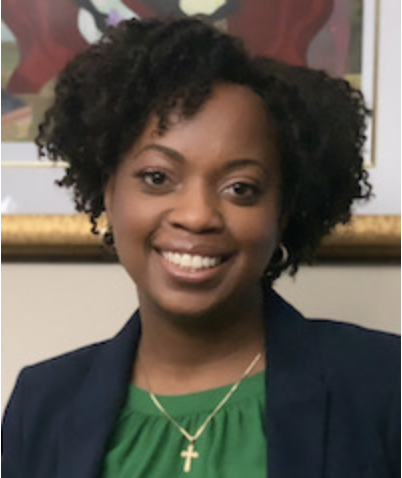



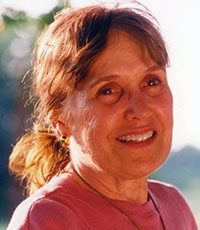 Mickey Ruth Fulwiler Burleson, an avid conservationist and supporter of Texas Baptists’ River Ministry who assisted women in the Mexican village of La Caldera by helping market their handmade quilts to buyers in Texas, died July 13. She was 87. She was born to parents Mary Elizabeth “Beth” Sparger and Jarrett “Law” Fulwiler in Belton on March 31, 1937. At an early age, she contracted polio, which paralyzed her right arm. After an extended stay at Providence Hospital in Waco and a lengthy recovery that involved daily exercise, she recovered the use of her right arm. As a person who believed deeply in truth, equity and justice, she valued learning and believed in growth and change through education and advocacy. She earned her undergraduate degree from Baylor University and a Master of Arts degree from the University of Iowa. After completing graduate school, she and Bob Burleson married. Theirs would become a partnership in exploring many of the Earth’s natural places and in caring for the Earth, its creatures and inhabitants. Together, and later with their daughters Clair and Lea, they hiked, backpacked, camped, rafted, canoed and kayaked, bringing others along with them and working to preserve and protect special places as they did. Their efforts were important in securing federal protection of the Rio Grande area, the declaration of the Guadalupe Mountains area as a national park, and the creation of the Big Bend Ranch State Park. They also cared for the Earth’s people, working wholeheartedly along with many other volunteers in River Ministry, a Christian mission to assist people in villages along the Texas-Mexico border. They helped bring dental and medical care to them, assisted with community building projects and fostered an income-producing quilting project—the
Mickey Ruth Fulwiler Burleson, an avid conservationist and supporter of Texas Baptists’ River Ministry who assisted women in the Mexican village of La Caldera by helping market their handmade quilts to buyers in Texas, died July 13. She was 87. She was born to parents Mary Elizabeth “Beth” Sparger and Jarrett “Law” Fulwiler in Belton on March 31, 1937. At an early age, she contracted polio, which paralyzed her right arm. After an extended stay at Providence Hospital in Waco and a lengthy recovery that involved daily exercise, she recovered the use of her right arm. As a person who believed deeply in truth, equity and justice, she valued learning and believed in growth and change through education and advocacy. She earned her undergraduate degree from Baylor University and a Master of Arts degree from the University of Iowa. After completing graduate school, she and Bob Burleson married. Theirs would become a partnership in exploring many of the Earth’s natural places and in caring for the Earth, its creatures and inhabitants. Together, and later with their daughters Clair and Lea, they hiked, backpacked, camped, rafted, canoed and kayaked, bringing others along with them and working to preserve and protect special places as they did. Their efforts were important in securing federal protection of the Rio Grande area, the declaration of the Guadalupe Mountains area as a national park, and the creation of the Big Bend Ranch State Park. They also cared for the Earth’s people, working wholeheartedly along with many other volunteers in River Ministry, a Christian mission to assist people in villages along the Texas-Mexico border. They helped bring dental and medical care to them, assisted with community building projects and fostered an income-producing quilting project—the 